Well, should you? Historically speaking, the answer has always been a solid “Yes.” Before there was the internet, iTunes, YouTube, and all of the preceding media-streaming platforms (remember Napster, Kazaa and Morpheus? I fear I’ve just dated myself…) there was the radio and the music store. Although you never really paid physical money to listen to the radio (beyond buying one), it’s never been considered “stealing” by listening to it because the artist being aired gets paid by someone else; radio airplay has never been funded by YOU the listener necessarily, but rather through a bureaucracy of ad-sponsors, record executives and Performing Rights Organizations like ASCAP and BMI. So unless you stole the radio itself, I guess, you’ve never stolen music on the radio or listened to it without paying. Someone else paid for it for you. How nice of them 🙂
Obviously, shop lifting a vinyl record, cassette tape, or CD from a music store (ya, there was once such a thing – I USED TO WORK AT ONE!!!) is considered stealing. Anyone with a single ounce or moral fiber would agree that taking something that’s not yours without paying for it is wrong – well, at least this used to be the case. We’re in the digital realm now, meaning that many of the things we “take” are not physical items that we’re physically stealing; it’s like they’re invisible. Nowadays, the common ideology is that taking something that’s not yours is wrong, UNLESS it’s digital. People may not even realize that they’re taking it without permission, or that they’re doing something illegal or theoretically “wrong.” It’s just something that’s free.
And that’s the point I’d like to examine; not to debate the legality of music piracy, but instead whether or not it should be free. If you want to discuss legality I suggest you consult a law professional, for I’m certainly unqualified in this area. But let me play Devil’s Advocate for a moment to see if I can peak your curiosity in this matter.
You may be thinking to yourself right now, “Well, I certainly don’t steal music.” And maybe you don’t. But the chances are, at least, that even though you don’t think you steal music, you do. Have you ever loaded up a YouTube video for a student (something I do all the time) with a song they want to learn; a video that’s not “official” where the lyrics are displayed across a black screen and cycle in time with the music? Guess what – you didn’t pay for the right to listen to that song. And neither did YouTube. And neither did the user who posted that video to begin with. Creating, hosting, and watching that video is strictly prohibited by copyright law. It’s illegal. It’s stealing. The artist is not being payed for the views on that video, because to the best of my knowledge no P.R.O. is sifting through the YouTube database and paying artists based on views and plays like they do for radio/movies/TV/commercials. There’s no way around it – it’s illegal and unethical.
This kind of conduct has become okay for us, and to an extent we almost expect to be able to hear a song for free whenever we want, because we have smartphones and WIFI and cloud-services readily available to us. We have it, and there’s nothing that “They” can do to stop us, really, so instead of being illegal it has become normal. Now, of course there’s many other forms of internet piracy, some like streaming a song from YouTube or giving your friend a thumbdrive full of tunes, and some are more blunt like illegally downloading torrents of music (the most straight-forward form of internet stealing). So there it is. More than you realize, people are “stealing” music on the internet in multiple ways and there’s very little that anyone can do to stop them from doing it. And chances are, you are participating in some of this yourself (even if it is unknown to you).
Let’s look at this from the other angle: Should it even be illegal then? I mean, come on… We’re talking about waves of vibrations here. It’s sound, that’s all. It’s an idea – a thought. How can I charge you for that? I don’t charge you for the air you’re breathing, do I? Or even the words you’re reading right now. I doubt your friends charge you for their friendship, or for the conversation you had yesterday; shouldn’t some things just be free of charge? My phone tells me what the weather is going to be like this week without me even asking for it. I didn’t sign up for that, Google just wants me to know it. Like I said before, this is the Digital Age; the time of free and abundant information. Shouldn’t music just be one of those “free” things that we don’t even have to ask for?
Well, let’s look at some of the facts. It costs money to make music. There, I said it. And not a few hundred bucks, I mean REAL money. You gotta pay for studio time and engineers (or buy your own equipment and learn to use it, which costs even more), you gotta pay players, someone to edit, mix, master, and duplicate or stream/distribute your music. Photography, artwork, website design… It all costs money. Thousands and thousands of dollars. If you can release a “pro” quality record with under $10k then my hat’s off to you; that’s just amazing, even in today’s day and age. So when you steal music on the internet, the artist is not being reimbursed for these costs, and it’s becoming less and less likely that they will be able to make more music. How can I afford to go to work every day if my company won’t provide me with a paycheck?
So we’re at a standstill, really, because on one hand we would agree that stealing is wrong and that most forms of internet piracy are illegal. But at the same time it’s so hard not to, it’s become so acceptable and we almost expect it to be free. So how do we ensure that our favorite artists will continue to make great music for us to listen to?
Well, remember that the same technology that has torn this industry apart (literally) is the same technology that is singlehandedly saving it. There are so many ways now for you to get involved with the artists you love and support them without really spending a dime. One reason why a artist wouldn’t want you take down that YouTube video with their song on it with 100 million plays is because IT HAS 100 MILLION PLAYS! Holy moly! Good luck getting that kind of exposure on the radio!!! I’ve made my music available for FREE so that you will, I hope, share it on your Facebook pages, tweet about it on Twitter, blog, or whatever it is that you do, in hopes that I will be able to reach more fans than by record sales only. Though my bass lessons here at L.A. Bass Lix come at a premium price, I have so much FREE content out there that it almost outweighs my premium content. Keep in mind that the music industry can utilize this accessibility of free and abundant information to its advantage. It’s almost as good for me to have plenty of exposure as it is for me to have a dollar. In fact, in most cases I actually prefer it.
So keep that in mind the next time your buddy gives you a CD to rip on your computer, or a YouTube video that you share, or a student that you teach, or a record that you download… I advise that you give credit where credit is due, and truly support the people that you enjoy listening to or watching. You can do more for them than just enjoying their music; let other people know about it! And remember, it’s not just money that they need, it’s fans. People to buy their shirts, people to go to their concerts, people to guarantee that they’ll be able to continue doing what they love to do. That, to me, is the essence of this digital realm that we’ve entered into. I may be alone in my belief of this, but rather than being devastated by the crushing of the “old business model” I rejoice in the new one. And not only that, but I look forward to what it has to bring us in years to come.
How do you feel about this?

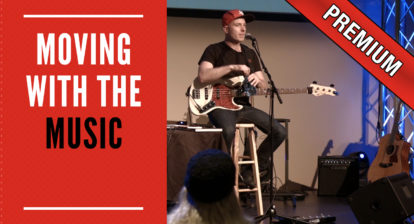
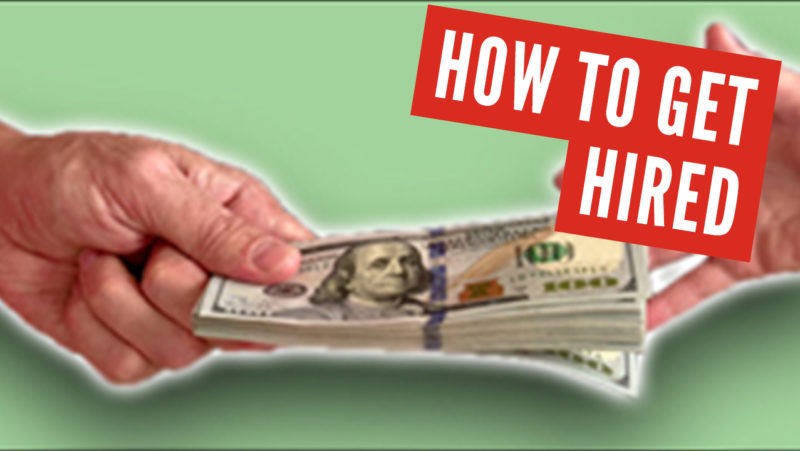
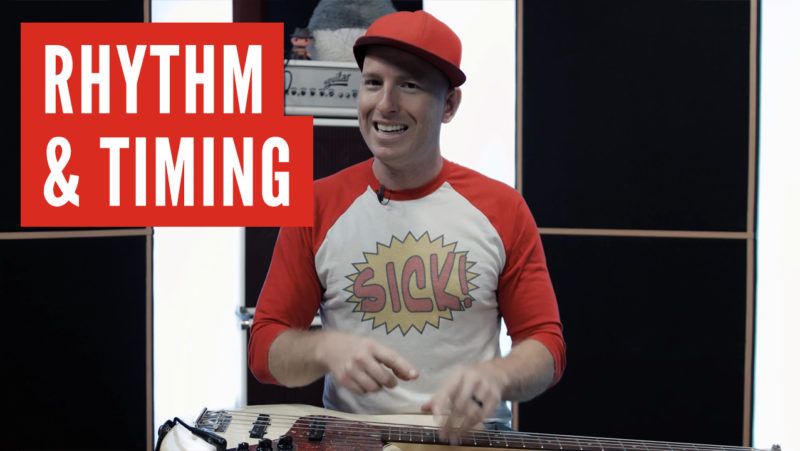
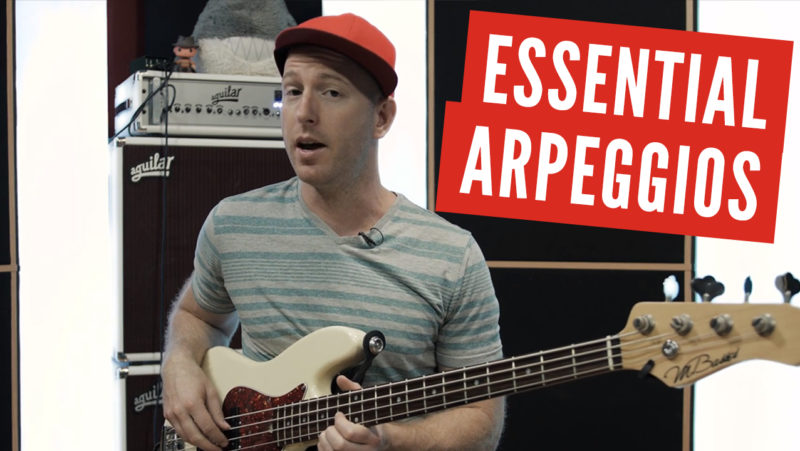
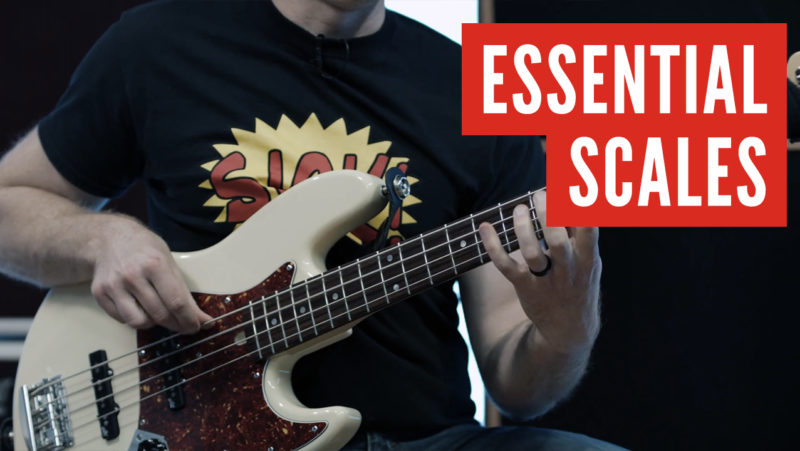
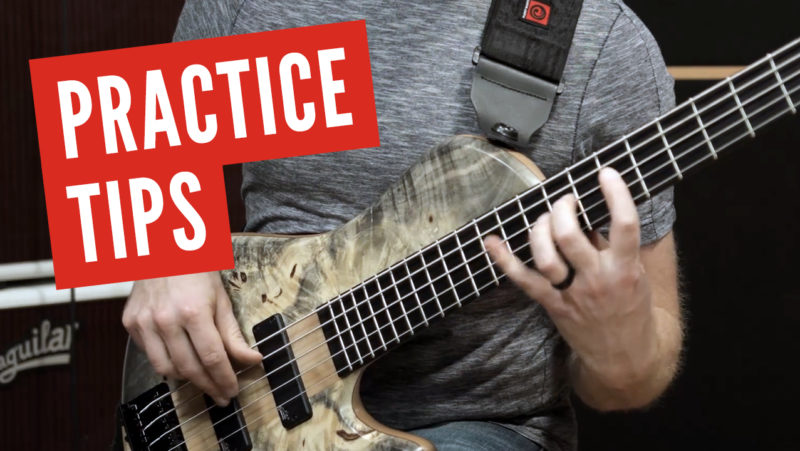
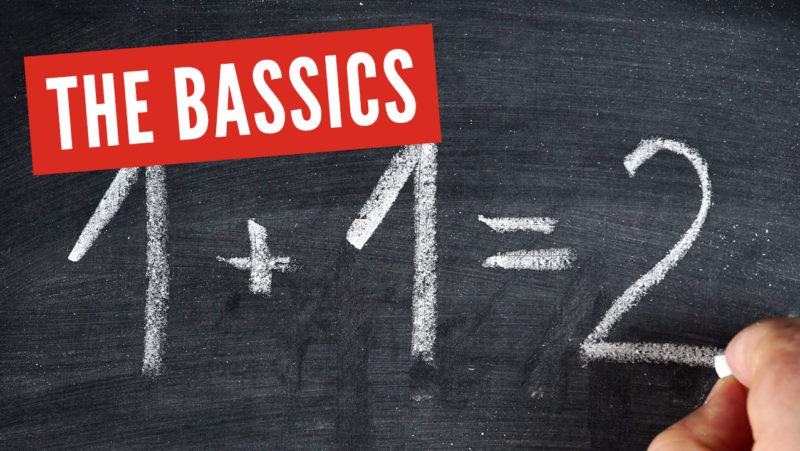
C.M. Giordano
Jayme,
I could not agree more with this. As a musician myself (currently been working on my first CD for a couple of years now), my only real goal has only ever been to make people happy in some way, shape, or form. To that end, I really don’t care if somebody pays for the music I make, as long as they enjoy it and support my endeavors as fans. We’ve come to a very slippery slope in this discussion, where many artists often call out “fans” (they’re putting the quotes there, not me) for not buying physical copies of their music and though they are more experienced than I am, I have to say, alienating the people who will potentially come to your shows and buy merchandise, or share your music video with their friends on YouTube, or brag about how much they love your music to their friends on Facebook, well, that doesn’t sound like a very good business plan to me. Yeah, I’ll admit I’d rather be paid for the product I create, but that’s not really the point is it? Did I become a musician because I wanted to make money? No. I became a musician because I wanted to share what my gifts and hard work have helped me create, because I want to connect with people and give them something to enjoy. If they want to pay me for that, that’s perfectly fine, I certainly won’t complain. But I’m not going to write somebody off as not being a “real fan” because they spend their money elsewhere either.
Another angle to this is that with the internet and social media CONSTANTLY EVOLVING and EXPANDING, people discover more and more bands and musical acts that they like and love every day. And the vast majority of people are living on a budget. They simply can’t afford to buy every single piece of music that they want when they have bills and rent to pay, food to buy, clothes to keep them warm, etc. When it comes down to that, what do you put the precedent on? Of course sustenance is more important than giving someone a couple of bucks for the music you listen to.
Let’s not forget either that many times, an artist signed to a record label with their CD distributed to a music store (yes, they still exist – I worked in one until last month!) doesn’t see a whole lot of the $10-$15 you paid for their CD there. The majority of it goes to the label and the distribution company that put it there in the first place and for the artist, is really just a number.
In my (most likely less popular) opinion, the only thing really WRONG with the way the entertainment business (particularly the music side of it) has evolved in the last 10 or so years is that many people who work in it want to convince you that it hasn’t. Times are changing, and if you want to continue to ride the wave, you’re going to need to adapt — maybe get a bigger boat! 🙂
Jayme
get a bigger boat – you quoting Jaws? Love it!
But ya I hear ya man. The times are changing quicker than ever and we just gotta make sure we KEEP UP with it 🙂
Isaac
This was is a very good topic. Especially thinking from the perspective of a composer, producer, or arranger as opposed to a side musician. When I first began playing, aside from purchasing gear and educational materials, building a music catalog was an enormous expense if you weren’t borrowing cds, tapes, or videos to shed. I tell a lot of people interested in learning to play an instrument that this is the best time ever to learn because of so much of the free and in most cases inexpensive resources. I have recently signed up for a legitimate music streaming service that allows me access to eras upon eras of music for no direct expense other than turning on my laptop and paying an ISP. I have to set through a commercial ad, but I can rewind as many times as I need, create playlists, for no direct charge. And it totally trumps my existing catalog acquired through several mediums! If I had this around eleven years ago, I could have saved literally hundreds of dollars!!!
Jayme
I agree with you man; it’s never been a better time to be a fan or a student of music. There’s so much out there and it’s so easy to get to! but then again it’s never been more difficult to make a living in it, so go figure 😉